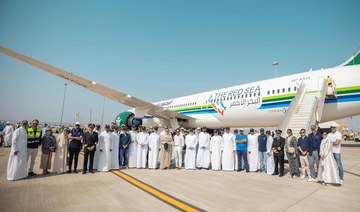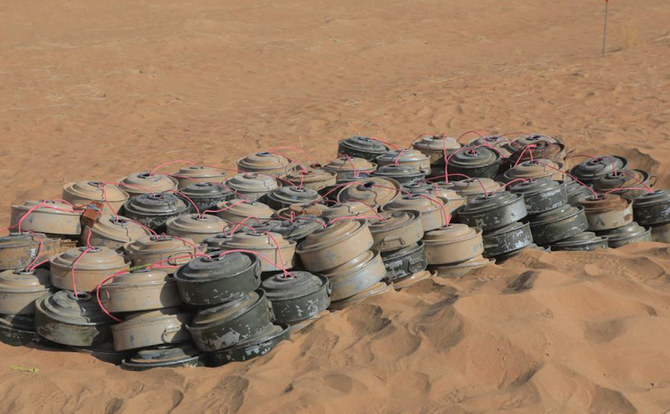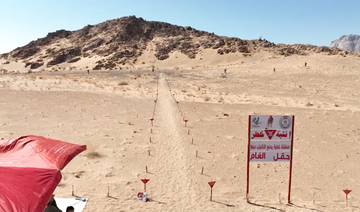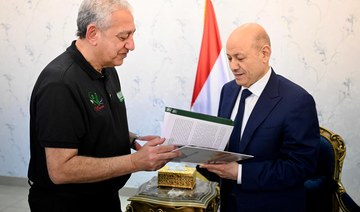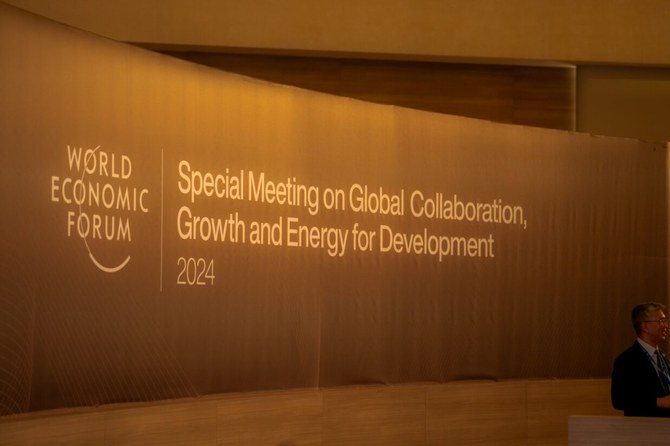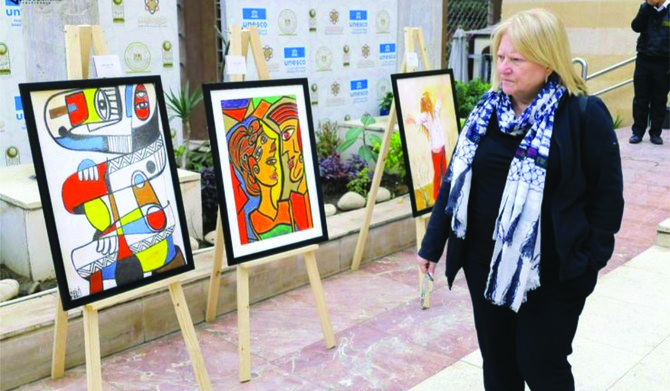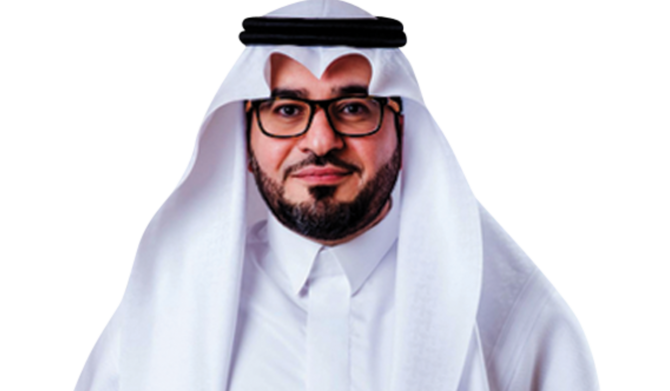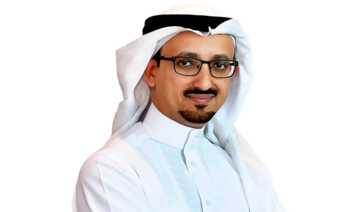RIYADH: Red Sea Global on Wednesday launched Saudi Arabia’s first seaplane company to transport guests to the Kingdom’s Red Sea island resorts.
Named Fly Red Sea, the company has an initial fleet of four Cessna Caravan 208 seaplanes, which will be flying on sustainable aviation fuel, RSG announced on its website www.redseaglobal.com.
“Each aircraft can accommodate a pilot and up to six guests with luggage for guest transfers to water-based resorts, or up to nine guests for scenic tours across the entire destination,” RSG said.
“As a pilot myself, I was deeply invested in the efforts to build Fly Red Sea,” said John Pagano, Group CEO of Red Sea Global, the multi-project developer behind the world’s most ambitious regenerative tourism destinations, The Red Sea and Amaala.
“Our goal was to create a company that would … explore technologies to reduce the aviation industry’s carbon footprint, and prioritize giving skilled, rewarding career opportunities to the Saudi people,” he said.
Fly Red Sea will have as its home base the Red Sea International (RSI) Airport in Hanak, Tabuk region, which has a dedicated seaplane runway running parallel to the main terminal.
Fly Red Sea's first seaplane flight on October 11 coincided with the arrival of the new airport's first guests, a VIP delegation of Saudi ministers and other leaders aboard a specially liveried Saudia flight from Riyadh.
First put into operation on September 21, 2023, the airport was created to serve the Kingdom's Red Sea Development and Amaala tourism megaprojects.
As planned, Fly Red Sea's fleet will be expanded to nine seaplanes by 2028 and to more than 20 by 2030, in line with the destination’s development phases.
Fly Red Sea has an initial fleet of four Cessna Caravan 208 seaplanes to transport guests to the Kingdom's Red Sea resorts. (Photo Courtesy: redseaglobal.com)
Upon full completion in 2030, the new tourism destination will comprise 50 resorts, offering up to 8,000 hotel rooms and more than 1,000 residential properties across 22 islands and six inland sites.
The destination will also include luxury marinas, golf courses, entertainment, F&B, and leisure facilities, according to redseaglobal.com.




